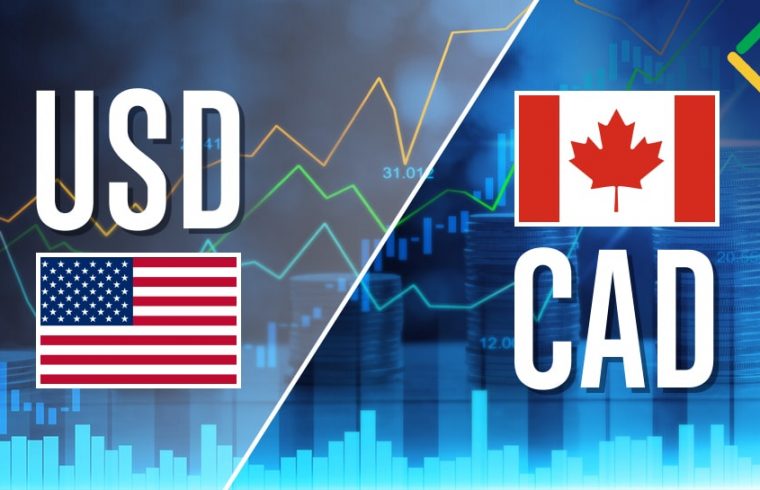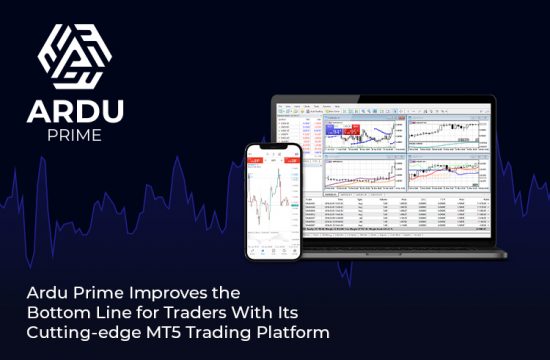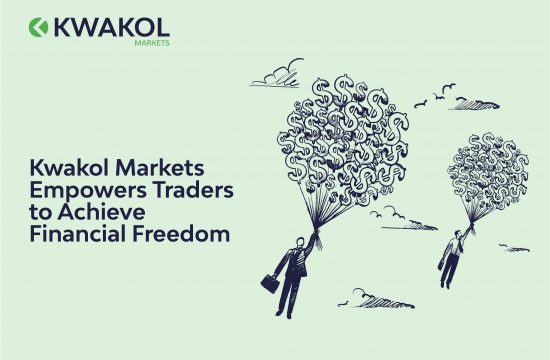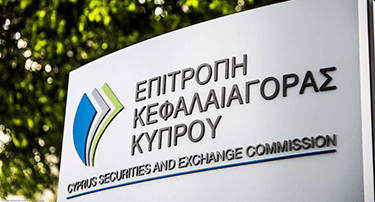Let us tell you a disclaimer right off the bat. We are no experts in Islamic laws or for that matter, laws of any religion. We are just traders and analysts who have been in the markets for long enough to know what works and what doesn’t. So if you are going to ask if forex trading halal or is forex trading haram, we would say that you would be best advised by your local Islamic leaders. This is better for multiple reasons as the tenets may vary for several different sects within a specific religion and it is best to know only by the experts in that field.
Here we will probably just try to explain what is the broad understanding that we have been given to see over the last couple of decades so that we can understand how this question came about and where we are and how the different brokers handle this question.
Forex Trading: Halal or Haram?
Before we get to that question, we do need to understand the background under which such questions arise for traders who embrace Islam. The religion states that no Muslim should either pay or receive interest on the funds. This is the basic and very broad understanding that many brokers and traders, who are not deep into the tenets of the religion, understand as. So, where does this become an issue? Forex has a concept called a swap where a trader is paid some money or some funds are taken out of his account at the end of every trading day in the forex market depending on his open positions at that time of the day.
The open positions will always have currencies in pairs and depending on the interest rates of both the countries involved in the currency pair, it is likely that the trader will get paid swap or will get charged swap, which is a kind of interest rate. This is where the issue comes in for a Muslim trader as he is not supposed to get any interest nor is he supposed to be charged interest. In other words, he should have nothing to do with the swap. But here, the brokers face a quandary.
The swap is a universal phenomenon and the broker cannot escape this swap at all. Every open position will be charged a swap and the broker would have to pay the same swap to the liquidity provider who would, in turn, pay the banks further on up the line. So, the broker cannot say that he cannot pay swap for Islamic accounts. In such cases, many brokers do not charge any swap to the Islamic accounts but on the other hand, they would charge a commission to the trader for every trade that is taken. This is the kind of compensation that the broker charges for he has to pay the swap while the trader would not. This is basically a trade-off and whether the commissions would be more than the likely swap or vice versa depends on a lot of factors and this is a risk that the broker has to bear in the long run if he decides to offer Islamic accounts free from swaps. Some brokers may refuse to issue such Islamic accounts and in such cases, they are likely to lose out on the business from Islamic traders.
Is Forex Trading Allowed in Islam?
Again, we have to reiterate that we are no religious experts and so we may not be the best to give the perfect and specific answer for this question and the best answer is left to the religious experts. But we will try and explain how and where the confusion arises regarding forex trading in Islam. Apart from the issue with the swaps that we have explained above, where swaps are considered as interest that is charged or paid and hence not allowed according to the teachings of Islam, there is also the issue of forex trading in itself.
As far as retail traders are concerned, forex trading is purely speculation. We are not talking about banks or other financial institutions or very large traders who may consider FX as hedging of their risk in export or import or other such cases. From a purely retail trading point of view, forex trading is nothing but speculation. But while it is fine to trade commodities, where the exchange of items takes place and this has been ongoing for centuries, FX trading does not involve the exchange of actual commodities and does not involve any person physically exchanging goods. It is this lack of goods or items being exchange and the fact that FX trading is pure speculation that raises doubts on whether this is allowed according to the tenets of the Islamic religion. There is no question when actual items are being exchanged as even people in the olden days used to exchange commodities or buy items or commodities using money and this continues even today both in the real world and also in the trading world as well.
Everyone strives to make money and traders, like everyone else, do have the right to make money in the best way that they deem fit. But there is also another school of thought that says that FX trading or any trading for that matter is similar to gambling, which is not allowed by Islamic law. So, if FX trading is indeed gambling, then it would not be possible for Islamic traders to do trading. But to counter this school of thought, there is another research study that says that trading is not actually gambling and FX trading involves a lot of analysis in the form of technical and fundamental analysis and a lot of thought goes into each trade. In such a case, it cannot be considered as gambling or something that is purely driven by chance and so any form of trading should be ok as far as Islamic law is concerned and this is how the changes in the accounts and how the trading is justified for such Islamic accounts. There are 1000s of Islamic traders who have done a lot of analysis and research on these topics and after having found their answer, they have gone ahead and opened Islamic accounts with various brokers who have them and have been trading them for many years.
Can You Legally Trade Forex under Islamic Law?
Considering all the above, you might have the answer to the question ‘is forex trading halal or haram?’ but if you are still doubtful, the best way to approach this issue would be to consider your friends and family who are already into FX trading or are considering doing so. If you discuss with them, then you would also get an idea of their thoughts and it would be good if your ideas are reinforced after these conversations, one way or the other. But if still, the confusion persists, then it might be best to visit your local Islamic leader or scholar and discuss with them the idea of FX trading and also understand what he has to say and maybe you can also make sure that he understands your thought process and once this discussion is over, you might be able to conclude.
Once you have decided to go ahead with trading on an Islamic account, then the next task would be for you to find the right broker to trade the account with. There are many brokers, nowadays, who offer various types of Islamic accounts. With the increased focus on traders from the Middle East region, the brokers have been coming up with various offers to attract such users and many of these brokers also have experts who advise traders on what Islam says about online forex trading so that the traders would be able to make the right decision and can also choose the right type of account that conforms to their belief system and also to the Islamic laws. Many traders have found this to be useful in the long run.
Some of the brokers offer Islamic accounts which do not have any swap. So, irrespective of how many days you keep your position open, you won’t be given or charged any swap. But the brokers are very strict on whom to give such accounts and these accounts are not given to any trader who is not a Muslim. But as mentioned earlier, this represents a risk for the broker and they might likely look for some ways to compensate for that risk. One of the ways that this is done is through the charging of separate commissions on every trade that is made, which is a kind of fee for the service that the broker provides. Some other brokers might choose to add this charge into the spreads so that the trader does not realize how much commissions or fees he is paying as this would be merged with the spread and there would not be a feeling that he is being made to lose some money due to the charges of extra fees. Like this, there are quite a several different ways that the brokers tend to recoup some of their losses due to the swaps that are not passed on to the traders and it is up to the trader to understand each type of account and then choose those that fit them the best. It could be any type but it is better to consult with the broker on the various types of accounts available and the logic behind each type of account is the way it is and then choose to go for the right account that they wish to have.
Online Trading and Swap-Free Accounts being Halal
Another common question for the Islamic traders is whether online forex trading halal or haram but all that we can say is that when it comes to trading and the Islamic laws, there does not seem to be any major changes depending on whether the trading is done online or offline. In either case, the exchange and the speculation happen between the trader and the brokers, and the trader, based on his trading skills, would much rather make profit or loss depending on how his trades go and whether it is offline or online does not make any difference. Again, this is something that we are given to understand but it may be worthwhile to discuss this with your religious leaders and elders on whether this type of understanding is correct so that you can trade in peace.
Again, there is an issue when it comes to indices and CFDs as well and whether this type of forex trading is halal or haram but again, there is no clear cut difference answer this The confusion mainly arises because all these types of trading are more of speculation with the only intention being to profit from this trading rather than any kind of exchange of goods or items that could be used by someone, either the buyer or the seller. This transaction is between the trader and the broker and depending on how the trade goes, the trader is likely to make a profit or loss and apart from this, nothing else happens in this transaction. This is the reason why there is some confusion on whether this is ok as per Islamic law as there is no mention about the fact that speculation is allowed or not. But if trading in FX is fine, then trading in CFDs and indices should be fine as well but the religious leaders would be able to better advise you on that. Once all this clarity is obtained, the trader should be able to trade with a clear mind so that he does not have any further distractions which might lead to losses in his trades.
Conclusion:
Forex trading is a field that has been in existence for several decades and we have had millions of traders try their hand in this field over the various decades. The trading industry has been such that it has always adapted to the changing conditions in the world and this is the reason why it has been able to survive globally for all these years. Ultimately, the purpose of trading for retail traders is to make money and the trading platforms and FX trading market has given this opportunity equally to all which is the reason why this field continues to be famous even to this day. Islamic forex trading accounts are also one more aspect of the trading world and it only shows how the FX trading eco-system has been able to adapt itself in such a manner that it manages to accommodate even the religious beliefs of various people around the world.
While the debate on whether forex trading is allowed according to Islamic law continues to rage in different parts of the world, the FX trading platforms have been coming up with features and innovations in such a way that it conforms to the beliefs of the various religions and in this aspect, the FX industry has gone on to take great pains so that it can adapt itself to the needs of the traders quickly and transparently so that the traders would be able to trade in peace without having to worry about whether they are breaking any of their religious beliefs or laws. As we have always said, trading is hard by itself and the mind of the trader must be free from all questions and doubts while trading so that he would be able to focus on his trading in the long run which would give him the maximum opportunity to be profitable in his career.











